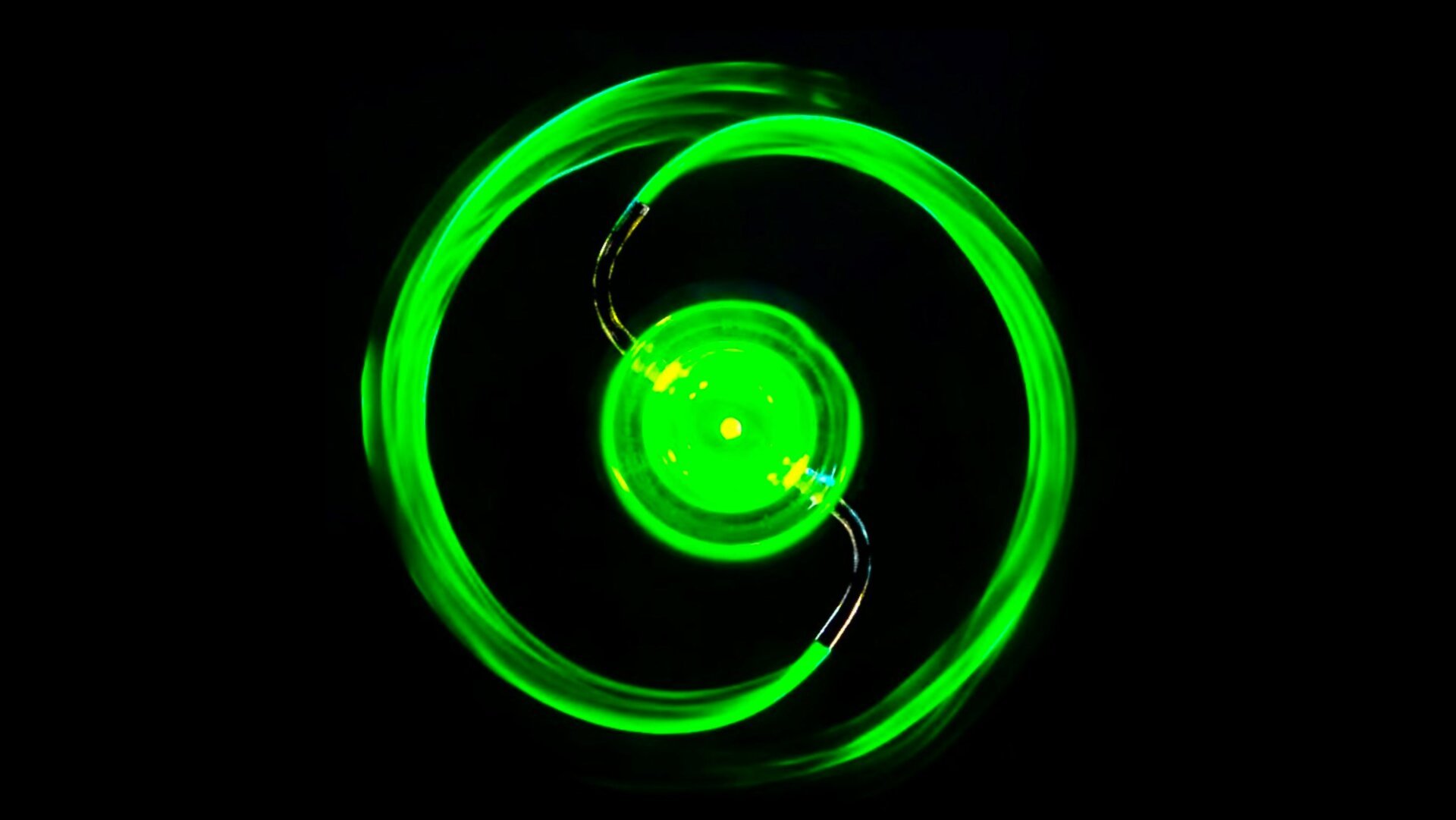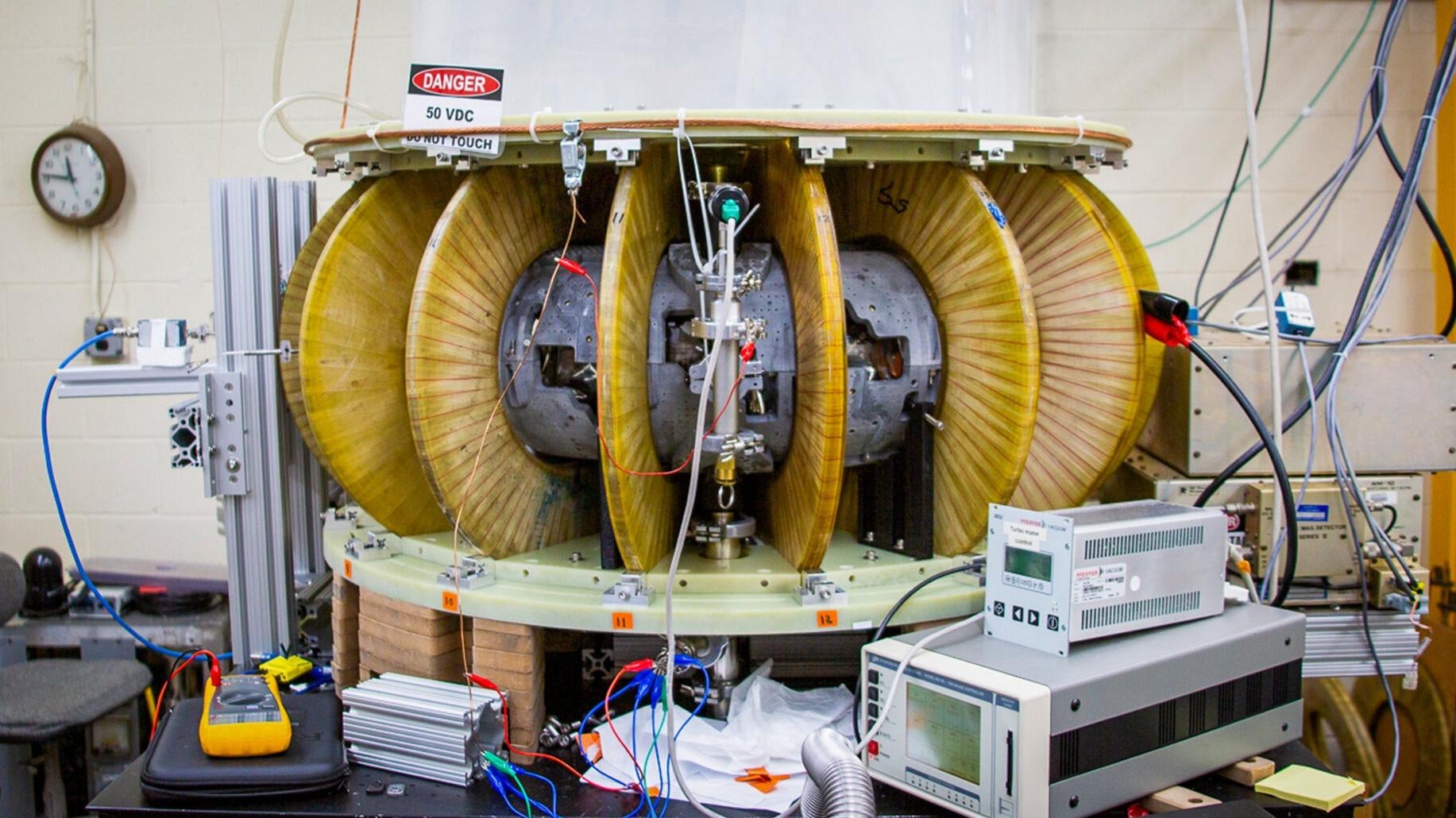A team of researchers has created the world’s smallest, tightest knot, earning a spot in the Guinness Book of World Records. This microscopic marvel, composed of just 54 atoms linked together, forms a trefoil knot—the simplest non-trivial knot. Unlike knots in our everyday experience, this one has no loose ends, forming a continuous loop with mesmerizing interwoven arcs. The team’s findings, detailing the self-assembled “metallaknot,” were published in Nature Communications.
Composition and Structure of the Atomic Knot
The knot is constructed from gold, carbon, and phosphorus, as reported by New Scientist. Its chemical formula is [Au6{1,2-C6H4(OCH2CC)2}3{Ph2P(CH2)4PPh2}3], often abbreviated to Au6 due to the six gold atoms at its core. Determining the tightness of a knot at this scale involves analyzing the minimum number of crossings when the structure is projected onto a 2D surface.
Breaking the Record for Knot Tightness
This isn’t the first atomic knot to make headlines. In 2017, a 24-atom-per-crossing knot earned a Guinness World Record. Then, in 2020, a 69-atom knot with a backbone crossing ratio (BCR) of 23 took the lead. BCR is a measure of knot tightness; the lower the BCR, the tighter the knot. The new 54-atom knot boasts an impressively low BCR of 18, significantly tighter than the previous record holder and even tighter than the tightest organic trefoil knots by a BCR margin of 7.3.
Approaching the Theoretical Limit
According to ScienceAlert, this new knot is approaching the theoretical limit for trefoil knot size. Previous research suggested the smallest possible trefoil knot would require at least 50 atoms.
Other Notable Knots in the Guinness Book
While this atomic knot is a remarkable feat of nanoscale engineering, other knots hold Guinness World Records. These include the largest human knot, formed by 123 people in 2019, and a gigantic Chinese knot created by a kindergarten class, measuring over 130 feet tall and 136 feet across. The world of knots, from the atomic to the enormous, continues to fascinate and challenge our understanding.
Conclusion: A Tiny Knot, a Giant Leap
The creation of this 54-atom knot represents a significant advancement in nanoscale construction and topology. While the practical applications of such a tiny knot are still being explored, it pushes the boundaries of what’s possible and opens doors to further research in materials science and nanotechnology. Will this record stand, or will scientists find a way to tie an even smaller, tighter knot? Only time will tell.











